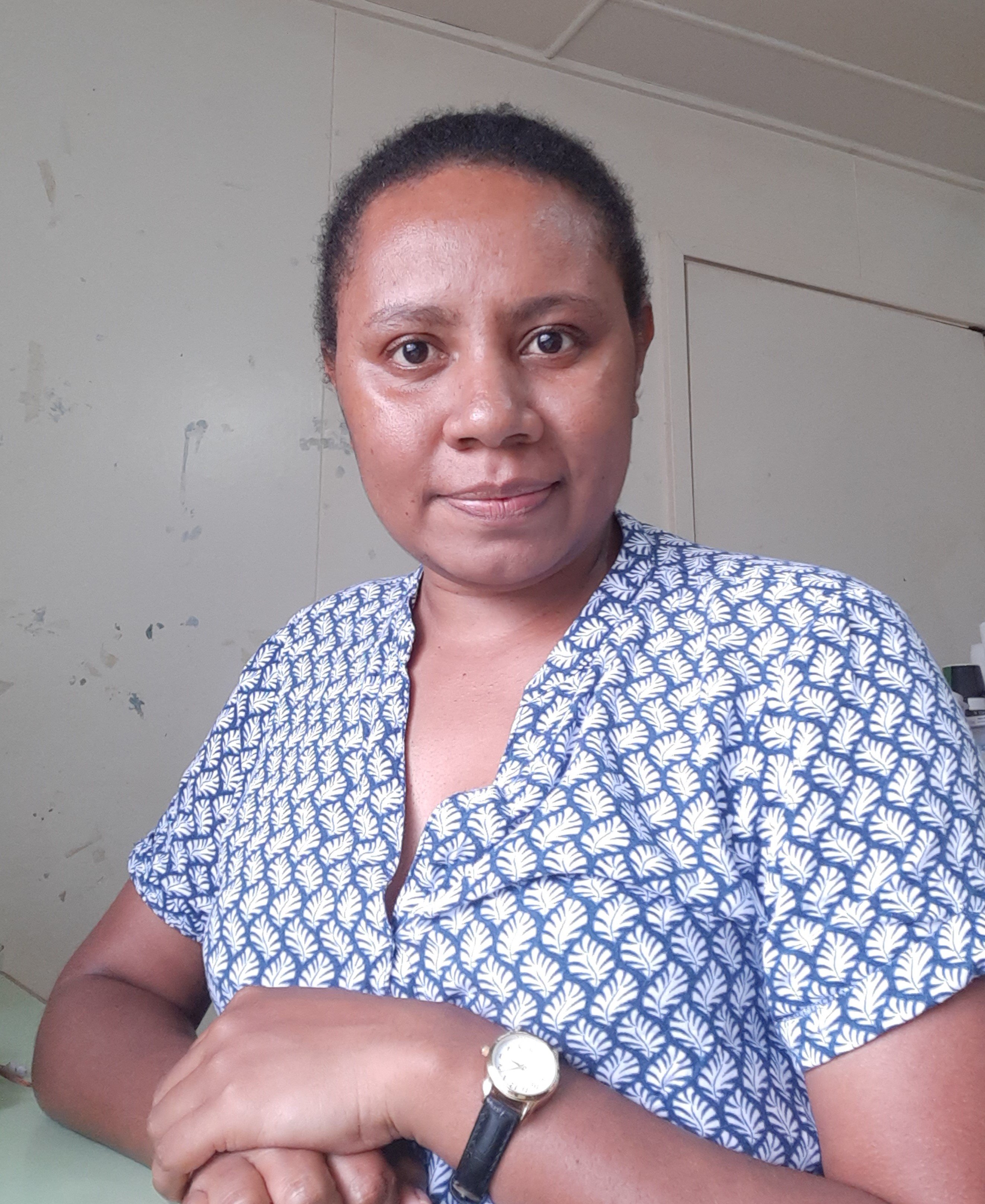Search
Research
The anti-inflammatory effects of interleukin-4 are not mediated by suppressor of cytokine signalling-1 (SOCS1)While it is known that the anti-inflammatory effects of interleukin (IL)-4 require new protein synthesis, the exact mechanisms by which IL-4 suppresses the prod
Research
Dahlem ConferenceThere is increasing evidence that the functional state of the immune system at birth is predictive of the kinetics of immune maturation in early infancy.
Research
The role of chronic infection in children with otitis media with effusion: Evidence for intracellular persistence of bacteriaDemonstrate mucosal bacterial infection in children with otitis media with effusion (OME).
Research
A DTPa-HBV-IPV vaccine for primary vaccination of infantsCombined vaccines have an increasingly important role to play in delivering these antigens acceptably.
Research
Assessment of the potency and potential immunomodulatory effects of the Measles Mumps Rubella-Varicella vaccine in infantsThis study compared the potency and immunomodulatory effects of measles mumps rubella (MMR) vaccine given to infants alone or in combination with varicella...
Research
Safety and immunogenicity of a combined DTPa-IPV vaccine administered as a booster from 4 years of age: a reviewA combined DTPa-IPV booster vaccine was administered as a 4th or 5th dose after DTPa or DTPw priming.
Research
The influence of incomplete case ascertainment on measures of vaccine efficacyA biologically active vaccine may produce a low measured vaccine efficacy under a range of epidemiological, vaccine-related and logistical conditions
Research
Clonal expansion of new penicillin-resistant clade of neisseria meningitidis serogroup w clonal complex 11, AustraliaIn Western Australia, Neisseria meningitidis serogroup W clonal complex 11 became the predominant cause of invasive meningococcal disease in 2016

News & Events
Researchers share their expertise with the community in CockburnResearchers from the Wesfarmers Centre of Vaccines and Infectious Diseases at The Kids Research Institute Australia have shared their expertise with the community in Cockburn, covering topics ranging from respiratory disease in babies to recurring ear infections in kids.

News & Events
Latest Deborah Lehmann Research Award RecipientCongratulations to Dr Paula Tesine who is the successful recipient of the Deborah Lehmann Research Award. As the third recipient of the Deborah Lehmann Research Award, Dr Tesine received $30,000 towards her research.
